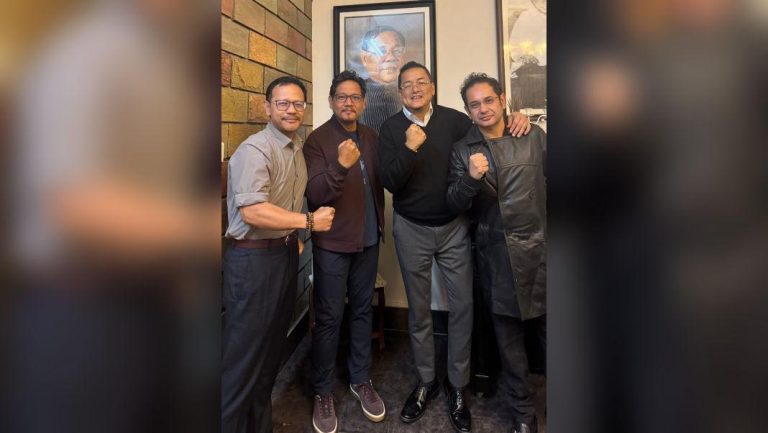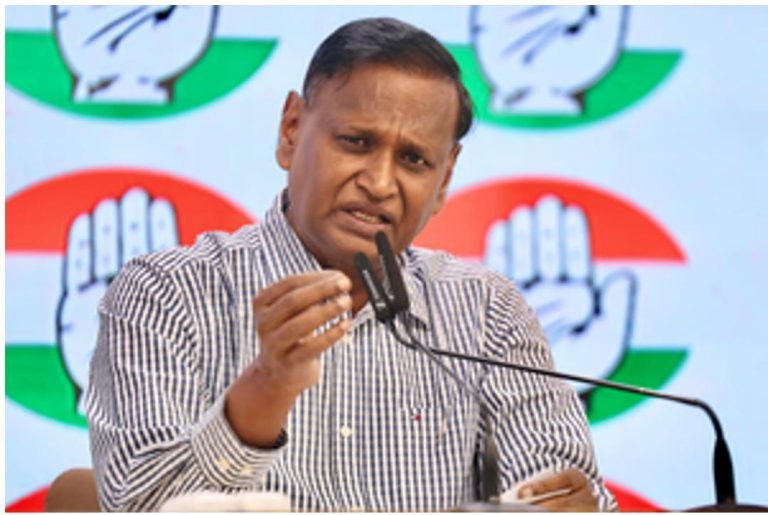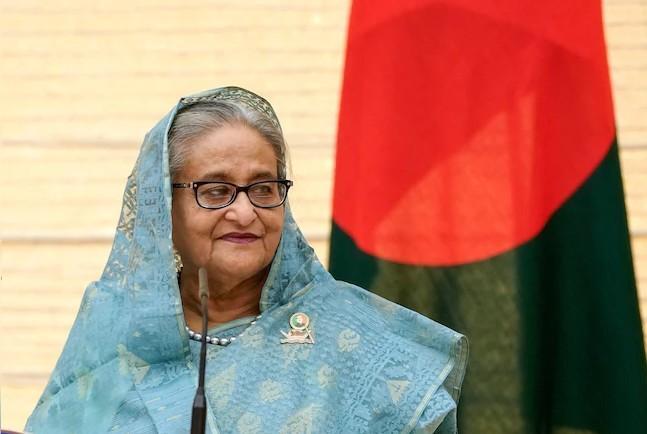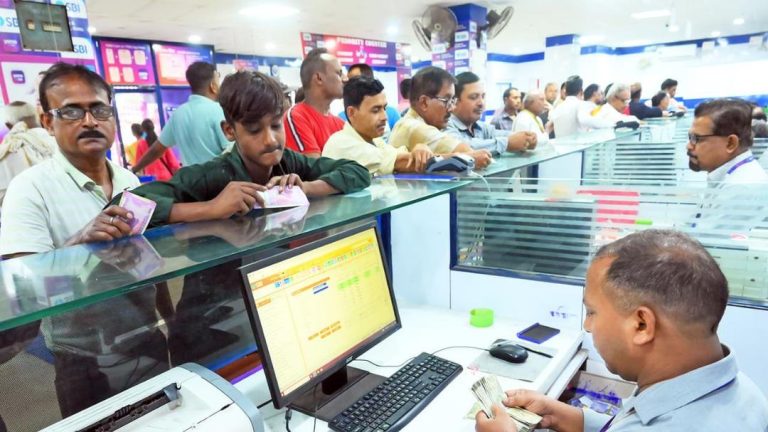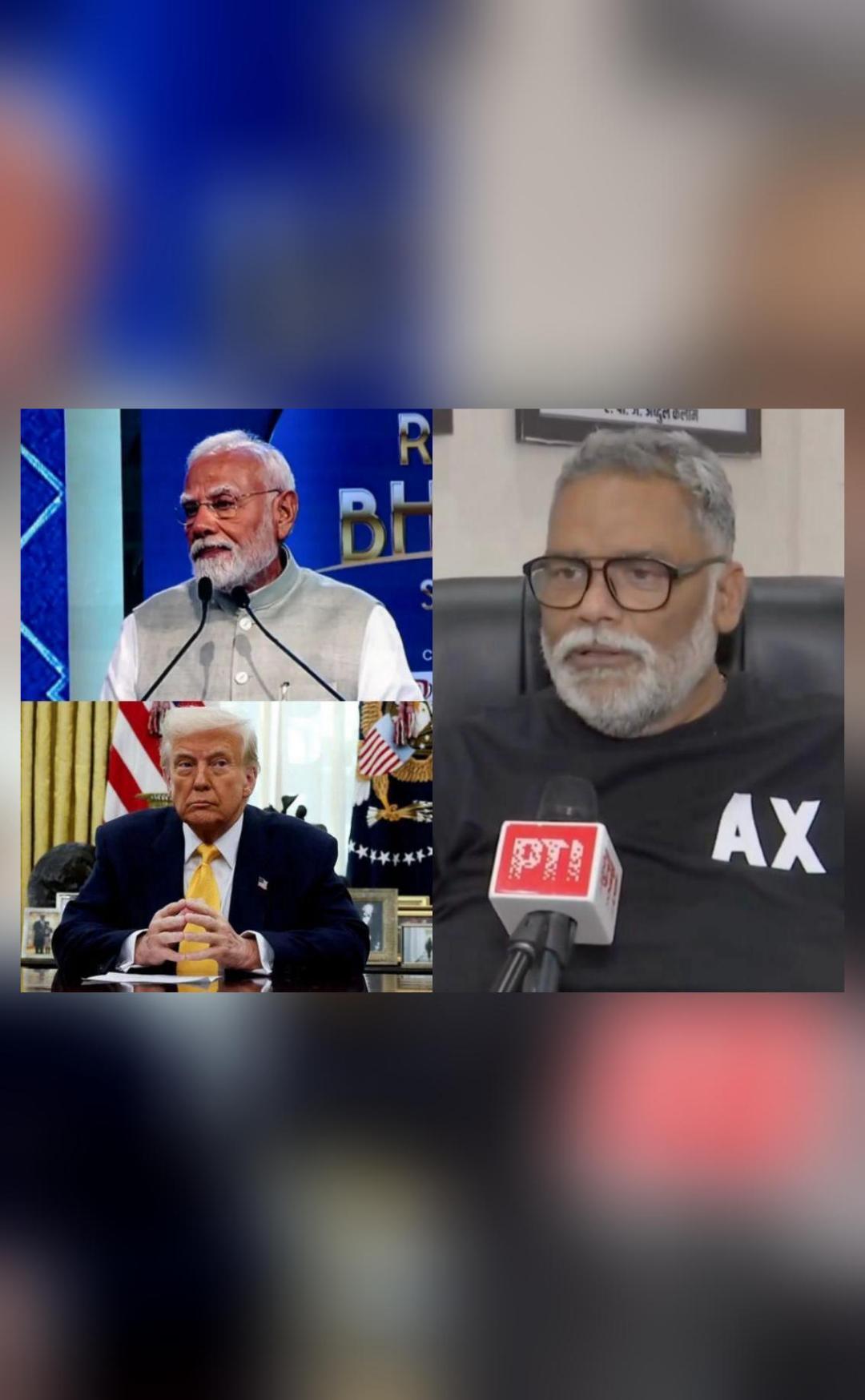
PM Modi calls Trump his friend & he insults India: MP Pappu Yadav
The tumultuous relationship between the United States and India continues to make headlines, with the latest controversy surrounding US President Donald Trump’s claim that he brokered a ceasefire between India and Pakistan. In response, Purnia MP (Independent) Pappu Yadav has lashed out at Trump, stating that Prime Minister Narendra Modi’s friendship with the US President is a sign of India’s weakness.
Trump’s comments, made during a press conference, sparked outrage in India, with many calling his claim false and an attempt to interfere in the internal affairs of the subcontinent. However, it seems that some Indian leaders are more concerned with Trump’s behavior than others. Pappu Yadav, known for his outspoken views, has taken to social media to express his disappointment and frustration with the situation.
“PM Narendra Modi himself calls Trump a friend, and he is insulting India again and again,” Yadav tweeted. “He (Trump) is our enemy, and we are calling him friend.”
Yadav’s comments are a stark reminder of the complex and often tense relationship between India and the United States. While both countries share many common interests and values, there are also significant differences and areas of contention.
One of the main issues at play is the question of India’s sovereignty. Many Indians have expressed concerns that Trump’s claim to have brokered a ceasefire between India and Pakistan is an attempt to undermine the country’s ability to negotiate its own foreign policy. This fear is amplified by the fact that Trump has a history of making bold and often inaccurate claims about international affairs.
Furthermore, Yadav’s comments highlight the fact that India’s relationship with the United States is not simply a matter of bilateral cooperation. Rather, it is a complex web of interests, alliances, and rivalries that involve multiple players and stakeholders.
In recent years, the United States has become increasingly engaged in the Indian subcontinent, with a focus on countering the growing influence of China in the region. This has led to a number of high-profile diplomatic and military agreements, including the sale of advanced military equipment to India and the signing of a logistics agreement that allows US troops to use Indian military bases.
However, India’s relationship with the United States is not without its challenges. The country has long been sensitive to any perceived attempts by the United States to dictate its foreign policy or undermine its sovereignty. This is particularly true in the context of issues such as Kashmir, where India has been accused of human rights abuses and violations of international law.
Yadav’s comments are also significant because they highlight the fact that India’s relationships with other countries, including the United States, are not simply a matter of personal friendships or diplomatic niceties. Rather, they are complex and multifaceted, involving a range of interests, values, and priorities.
In this sense, Yadav’s criticism of Trump is not simply a personal attack, but rather a reflection of the deeper tensions and challenges that exist between India and the United States. While some may view Trump’s comments as an attempt to curry favor with Indian voters, others may see them as a genuine reflection of the complex and often contentious nature of the relationship between the two countries.
Ultimately, the controversy surrounding Trump’s comments serves as a reminder of the need for India to take a more nuanced and strategic approach to its relationships with other countries. Rather than simply relying on personal friendships or diplomatic niceties, India must focus on building strong and sustainable relationships based on shared interests, values, and priorities.
As Yadav himself stated, “Why are we intimidated by the US and China?” It is a question that gets to the heart of India’s relationship with the world and its place in the global order. By taking a more assertive and independent stance, India can build stronger relationships with other countries and promote its own interests and values.
In conclusion, the controversy surrounding Trump’s comments highlights the complex and multifaceted nature of India’s relationships with other countries. While some may view Trump’s actions as an attempt to curry favor with Indian voters, others may see them as a genuine reflection of the deep-seated tensions and challenges that exist between India and the United States.
As India navigates the complexities of the international system, it is essential that it takes a more nuanced and strategic approach to its relationships with other countries. By building strong and sustainable relationships based on shared interests, values, and priorities, India can promote its own interests and values and take a more assertive role on the global stage.
